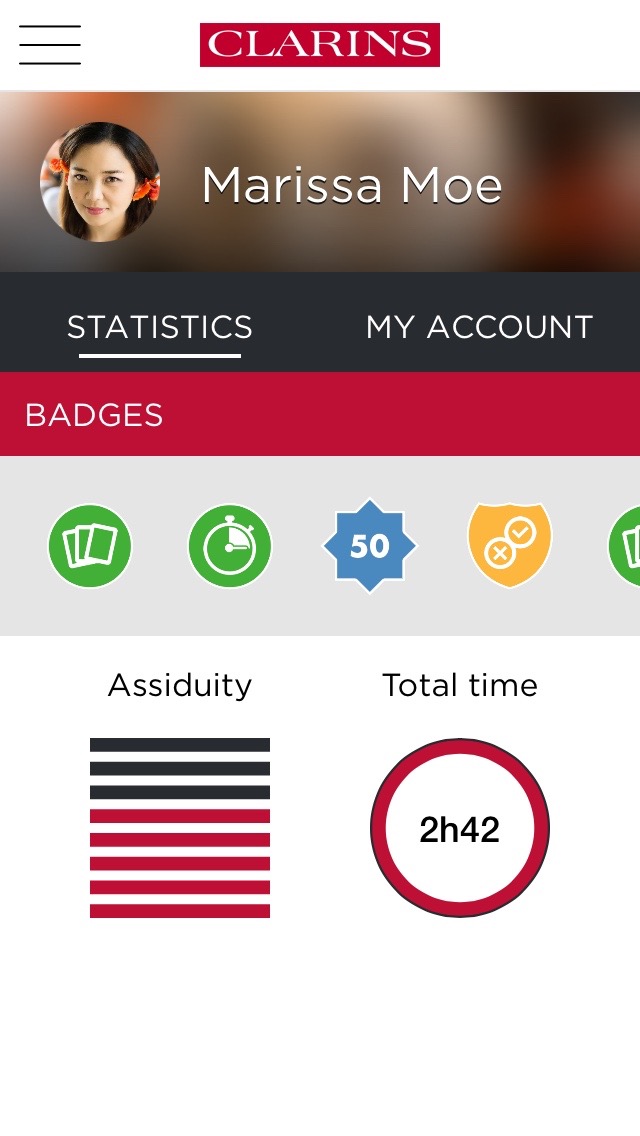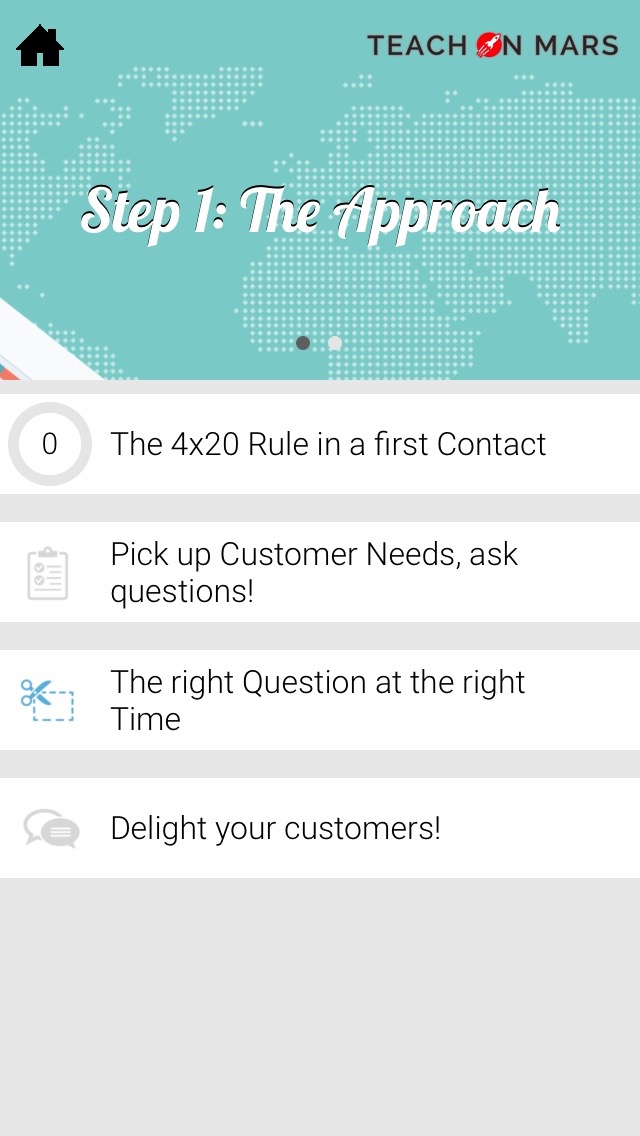Dear Authors,
What grabs people’s attention? Here is a key topic for a trainer, addressed in this 10th lesson!
After traveling the behaviour of our brain with respect to the vision, reading, colours, memory, emotions and thought, let’s see now what attracts us, what holds our attention and how!
First, attention is selective. Among the things for which people unconscious endlessly scans the environment, there is … sex, food, danger and their own identity. So, failing to start a training with a sexy video, remember to always reference the name of your learners in order to secure their responsiveness.
Teach on Mars illustration on grabbing learners’ attention:
 Reference learner |
 Engage learners |
nnn
Second, attention is time limited. People can focus on a task about 7 to 10 minutes at most. Hence we should keep tutorials under 7 minutes in length or introduce new material or interruptions to hold attention longer.
Teach on Mars illustration on limiting tutorials’ length:
 Time-limited activities |
 Time-limited tutorials |
nnn
Third, many psychology researches have proved that people can’t multitask. Whether young or holder, confident to be multitask or not, we may be good at switching back and forth quickly but we can only listen or read one thing at a time and are actually not multitasking.
In the context of education, it is therefore important to focus on one subject and on one step of the learning cycle at a time.
Teach on Mars illustration on avoiding multitasking:
 An activity handles 1 step |
nnn
Let’s keep in mind that according to eminent psychologists, to name one, Mihaly Csikszentmihalyi, happiness would depend on our ability to grow a highly focused mental state. So let’s make happy learners by creating attention-catching trainings!

Diplômée d’école de commerce et passionnée par les innovations du numérique, Noémie a enfilé son scaphandre et rejoint l’équipe Teach on Mars au poste de Content Manager. Elle intervient en marketing et événementiel tout en contribuant à Teach on Earth, une initiative sociale et environnementale.





